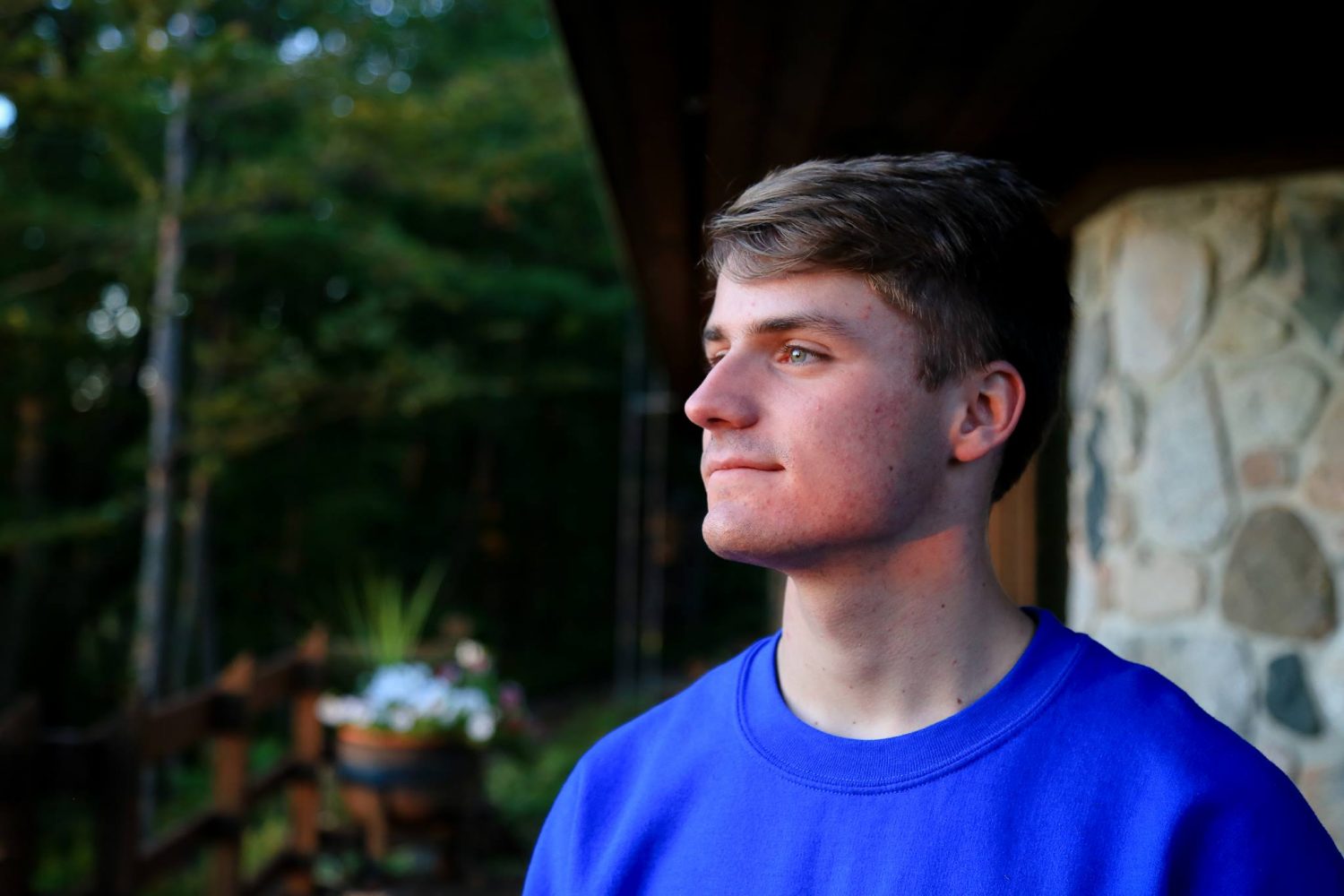Calvin student senate president Ethan DeVries ended his term early this week, stepping down from the position that he held for the first semester of the 2015-16 school year.
DeVries, a junior international relations major, was elected for president at the end of the 2014-15 school year after being a member of the student senate during the previous year. According to an email from DeVries, “extenuating circumstances affecting [DeVries] and [his] family” caused the necessary change in leadership.
Though his duties will in no way be easily filled, DeVries expressed his confidence in student senate’s ability to continue to lead.
“As you can imagine, the decision to resign my role as president was very difficult, and I am grateful for the optimism and strength the leadership team is exhibiting in the midst of this unexpected change,” said DeVries in a letter to the student body.
With the resignation of executive vice president Andrew Darmawan at the end of the fall semester, student senate is in the process of creating a new structure of leadership to carry out for the rest of the year. They will not hold another election but will instead utilize the current members.
“The way we are looking at it, we won’t have a president, but we will have a leadership team,” said vice president of representation Mallika David. “A shared governance or a shared leadership model is what we are going to go with.”
The new “shared leadership model” entails the distribution of the presidential tasks to the three additional vice presidents of representation, operations and public relations.
“Essentially what the leadership of the senate did, in collaboration with Ethan, was sit down and ask what the agenda for the rest of the year is for senate: what are the things that are outstanding, what are the things that are in process, and how would we reallocate those responsibilities,” said Sarah Visser, vice president of student life.
As for senate’s current initiatives and projects, Visser explained how the strength of the team’s flexibility will contribute to their momentum and continuation. David also testified to the resilience of the senate this year and how this transition is a process they can handle.
“It’s been a transitional year for us since day one,” said David. “We have had things coming in and out, but we’ve just been coming back at it even stronger, coming back at it even when we were being pushed down.”
Senate plans to move forward without DeVries, but they will feel his absence.
“Ethan not being there is definitely something we feel very deeply,” said David. “It was an organization that he deeply loved, and we love him, too. So there are the pains of loss and there is grieving for that. He definitely loved the work that he did — that was evident in the way things turned out. … He’s definitely somebody who ran for senate and did his work because he was inherently passionate about it.”
Although DeVries’ resignation presents challenges for student senate, Visser and others have chosen also to take note of the continuing opportunities for student participation and leadership.
“From the beginning of the academic year, the hope was that students would want to be involved in the work of senate,” said Visser. “I think that invitation still exists, though anytime there would be concerns or dreams or hopes or initiatives that students want to advance, I think that the hope and expectation would be that those students would come to senate and say, ‘this is what we’d like to see happen’ and we can plug them in.”
Student senate’s doors will continue to be open during this transition and any students with questions about the plan in action can stop by. As always, students are encouraged to share their input with the senate.








